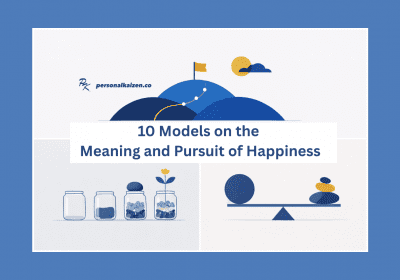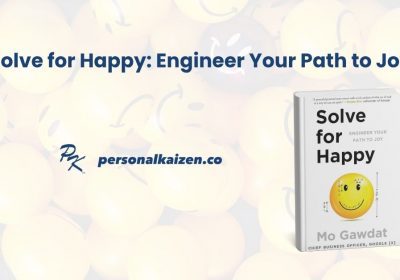There are many cliches about making sure you have a job that aligns with your passions. That way, you will, “never be bored” and, “never want to retire.” But does following your passions in life really work? Who is doing this right now? And is this even possible for most people?
We also wonder if “following your passions” is better advice than “maximizing your natural strengths.” This is the first rule in our Ten Rules for Life, so we are going to explore this difference to share with our readers and potentially adjust our first rule.
Following Your Passions in Life
Many successful people encourage you to be passionate about your work or find work you are passionate about. Here are a few examples:




While I agree with these quotes, I do have several issues with applying this thinking:
- How do you figure out what you are passionate about? If you are just entering the workforce, will you have any clue? I didn’t when I graduated from school and got my first real job.
- What if your passion doesn’t make you money? A kid who is passionate about playing video games is likely to struggle to find a career in that field.
- What if you aren’t very good at your passion? I love playing basketball, but I was never good enough to make it a career. Even if I had worked harder at the game, my height and natural ability were never going to allow me to compete with the best.
Let’s compare the idea of following your passions in life with our first rule of life before we adjust or build upon our first rule.
Maximize Your Natural Strengths
The current first rule in our “Ten Rules for Life” is to Maximize Your Natural Strengths. You may want to read that short post or watch our video about the rule before reading on.
All of us are born with our own personality and a set of skills unlike anyone else in the world. We should all use our strengths in our work and life for a natural advantage. The post shares resources for learning your natural strengths. Once you know your strengths, find a career that takes advantage of what you are good at and love.
But what if our natural strengths are not our passions? Cal Newport talks about this in his book, So Good They Can’t Ignore You. “Passion comes after you put in the hard work to become excellent at something valuable, not before.”

It makes more sense to focus on utilizing your natural strengths first, and then looking to align this with your passion, or mission, for life. My own life has played out this way – I studied engineering because I was strong in math and science. My first jobs were either for paper companies or equipment manufacturers – not passions – but a way for me to experiment to see what I enjoyed. Business process improvement began as a project and only later became a career that I continue to enjoy immensely.
Ideas for Action
Based on this research, rule one stands as is. Begin by maximizing your natural strengths. This will get you started in work that pays the bills, giving you time to experiment and find your passions later.
Here is some additional advice if you are working on your education or early in your career:
- While in school or in a first job be sure you are growing strengths. The easiest way to get hired for a job is to be better than others at what you do, whatever that may be.
- Select internships wisely. My initial internships were in the paper industry, making it more likely I would be hired into the industry for my first real job out of college.
- Use your first few jobs to learn what interests you. Experiment in different roles, industries, etc. Every step in your early career should be to grow your skills while also discovering your passions.
- All other things equal, opt for your first job to be in a large company. This will give you a chance to learn about different roles. Most large companies are also prepared to invest in your continued learning. High school and college graduates still have A LOT to learn after they graduate.
- The greatest lessons in your young career will be about people – working with them, being managed by them, and leading others. The team you join, and especially your boss, will matter. Choose opportunities based on the quality of the people you will get to work with (this is a key part of our fourth rule of life).
- It is okay to separate your work and your passion! A job that provides enough income to follow your passions as hobbies can work too. We suggest you select an initial career that pays well and follow our money tips so you keep more of what you make.
We will continue to look at tips, lessons, and rules for how to live a great life. We suggest you subscribe to receive these personal improvement ideas directly in your inbox.




